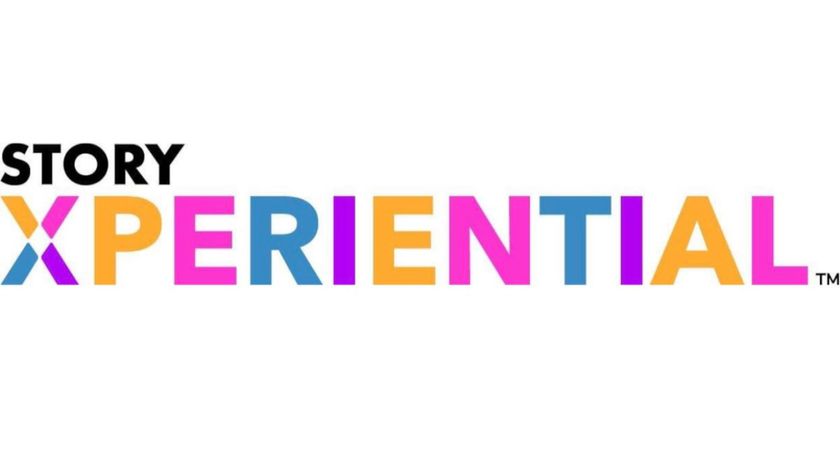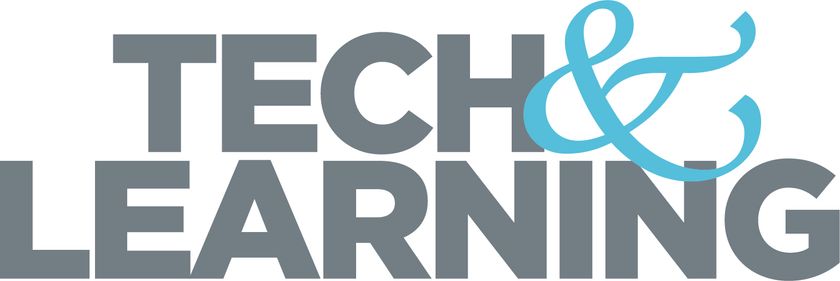How Elections Might Affect Education Technology in Schools
Over on this side of the pond, we're leading up to a general election. As you know, this is where the main political parties, and quite a few minor ones, start to lay out their stalls. Everything that is wrong with the economy, health and, of course education is the fault of "the other lot", whoever happens to be speaking.
You might think that none of this has any interest for the technology co-ordinator, but you'd be surprised.
First, everyone involved in Government, which includes all the admin people, are in a state of what is called "purdah". That means, they are not allowed to say or do anything that could be construed to have a political slant. As an example, someone I approached to write an article for my newsletter Digital Education, and who works in a government technical department, has told me that he almost certainly won't be given permission to do so – even though the subject of article has nothing to do with his work, and nothing to do with politics.
Translating that into a school-related context, it means that all the teachers and students who might have benefited from the information in that article will now have to wait until after the election is over.
Purdah also means that if you, as a technology co-ordinator, thought you might like to invite someone from a government department to talk to your students, that just is not going to happen in the next couple of months.
I recently came upon another example that I hadn't even thought of. A publisher told me that they have put all commissioning of new education books on hold until after the election. Why? Well, let's say they commission someone to write a book on how to teach the new Computing curriculum, and a different political party comes to power. Our new masters might decide that Computing has no place on the curriculum. True, it will take a couple of years for that to come into effect, but since the average gestation period for a traditionally-published book is 18 months, a book on the current Computing curriculum is not likely to appear an attractive investment of time and money.
And the impending election potentially has implications for planning for education technology over the next year or so. What Principal in their right mind is likely to commit to a substantial increase in the professional development budget and time, not to mention an investment in hardware and software, to deliver a Computing curriculum that could be expunged at a stroke?
Tech & Learning Newsletter
Tools and ideas to transform education. Sign up below.
All of which leads me to conclude that when a major election is on the horizon you should secure the resources you need before asking for them risks becoming a political issue.
Terry Freedman is an independent educational ICT and Computing consultant in England. He publishes the ICT in Education website at www.ictineducation.org.












